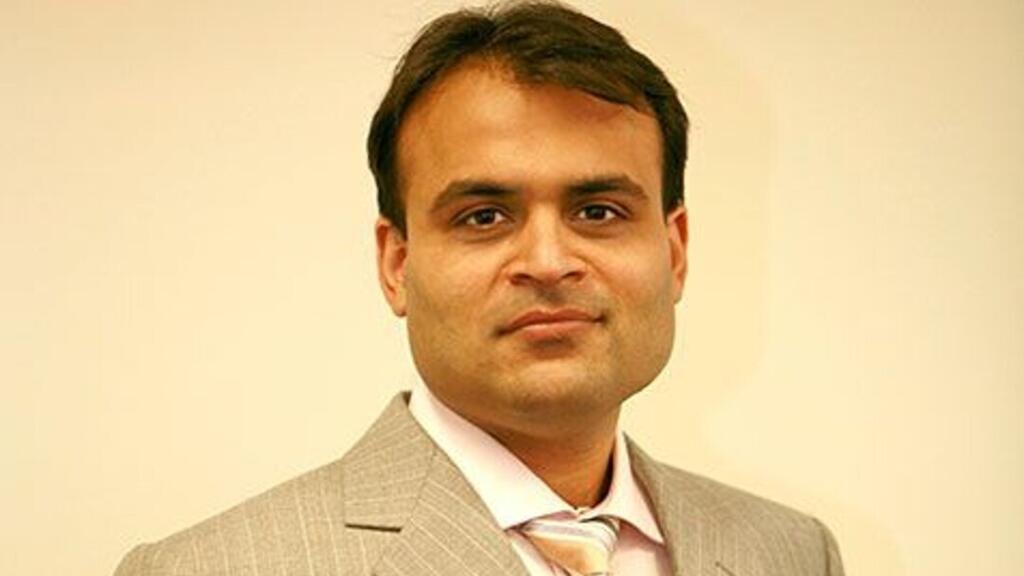
An Indian businessman is seeking $1 billion in damages from Guinea after losing his mining licence for a bauxite deposit in the Boffa region. Pankaj Oswal has requested arbitration before a New York court, denouncing Conakry’s treatment of foreign investors.
Oswal described it as “a shock” when, on 14 May 2025, he discovered that Axis Minerals’ mining licence had been revoked. The Guinean subsidiary of the Oswal Global group had been operating the site since 2020, following years of exploration and investment in the project.
“I was asleep at home when, around 2am, I received a message on my phone: ‘Our mine is gone.’ At first I thought it was a joke: ‘What? That’s impossible.' Then I told my daughter, who is managing director, to pick up the phone immediately and call Conakry to find out what was happening. And, in fact, it was true – 51 mining licences had been withdrawn.”
Axi Minerals was among those targeted in the sweeping licence cancellations ordered by the junta and its government.
The clean-up of the national mining register is justified, according to General Amara Camara, spokesperson for the Guinean presidency, on the grounds that “most of the permits were in breach of the mining code”.
Paris prosecutor dismisses case against Apple over DRC conflict minerals
‘No prior warning’
For Oswal, it was a brutal blow. “From one day to the next, our operations were halted. Our 5,000 employees and subcontractors were left without work. We received no prior warning, no letter, no discussion asking us to correct anything."
"The government claimed that companies had failed to meet certain obligations, particularly in local processing. But never, at any point before, were we asked to build an alumina refinery or downstream plant,” added the businessman, who now lives in Switzerland.
He wrote to the authorities several times, but received no reply.
In early July, Axis Minerals launched ad hoc arbitration proceedings in New York. “Our claim for damages amounts to more than $1 billion. And that is what will hurt Guinea,” Oswal warned.
“I do not want this, but if they push us that far, I have no choice but to continue on my path. And my path, as a businessman, is legal because I believe in contracts. We do not have weapons. The only power we have is the power of the pen.”
However, Oswal insists he is still open to dialogue and would be ready to invest in Guinea again once the dispute is resolved. Guinea has not yet agreed to arbitration, but has nonetheless been formally served with Axis Minerals’ request to compel it to do so.
The government received the notice on 1 September. Contacted by RFI, the Guinean Ministry of Mines declined to comment.
Guinean workers fearful of mass job losses after mining permits cancelled
Guinea sending 'wrong message’
Axis Minerals has been in Guinea since 2013. After many years of collaboration, it's the silence that Oswal finds most troubling. At a time when the Simandou 2040 programme [a $20 billion investment aimed at establishing Guinea as a leading iron ore producer] is meant to accelerate the country’s development, he questions Conakry’s approach to foreign investors.
“Guinea goes to Washington, to Australia, saying ‘come to our country’, but it doesn't send the right signal to people who are already here. You throw out those who have invested and then tell newcomers to come. Why would they come if you expel those who have already put their money in? Frankly, it makes no sense," he said.
"First, you must protect those who have invested in your country – not lure in fresh blood only to strip them of their assets five years later," he added.
French mining group digs in as Gabon tightens grip on manganese exports
Bauxite rock is the principal ore of aluminum. Just before losing its licence, Axis Minerals reported average production of 169,000 tonnes of bauxite per day, most of it exported to China.
Its mines between Fria and Boffa enabled the export of nearly 40 million tonnes of bauxite between 2023 and 2025.
This article was translated from the original in French







